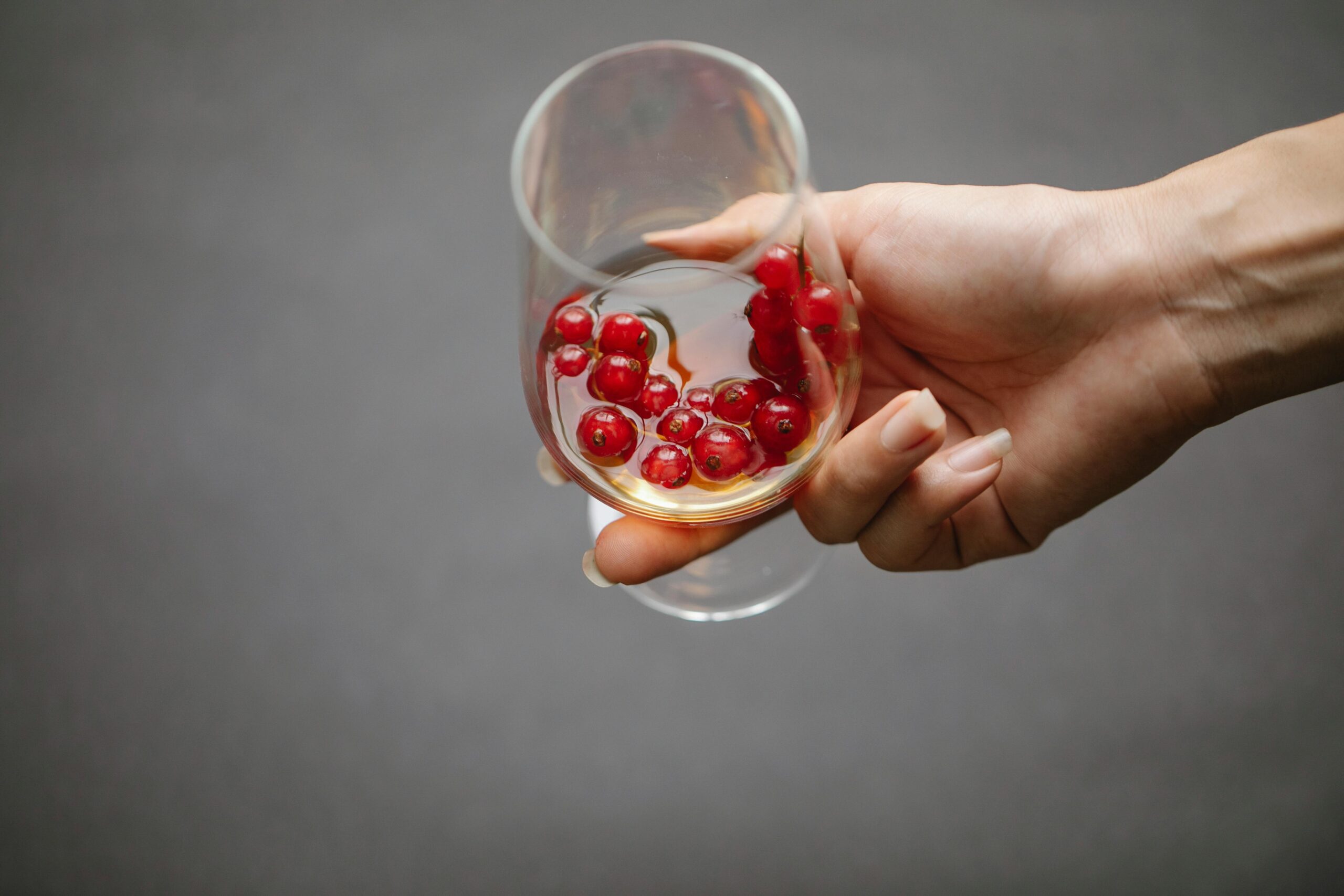Tirzepatide and Alcohol: What Women Need to Know
If you’re taking tirzepatide for weight loss or type 2 diabetes, you might be wondering if it’s safe to have a drink.
That’s a fair question and one that comes up often.
Tirzepatide can be incredibly helpful for managing blood sugar and supporting weight loss, but mixing it with alcohol can affect your body in ways that aren’t always obvious.
In this guide, we’ll break down what you need to know about tirzepatide and alcohol, especially for women, and offer practical tips to help you make safe choices.
What Is Tirzepatide and How Does It Work?
Tirzepatide is a medication used to help manage type 2 diabetes and support weight loss.
It works by mimicking two natural hormones in your body, GLP-1 and GIP, that control appetite, digestion, and blood sugar.
It helps you feel full faster, eat less, and avoid big blood sugar spikes.
Because it slows down how quickly your stomach empties and affects how your body uses sugar and fat, alcohol doesn’t always mix well with it.
Understanding how the two interact is important if you want to stay safe and feel your best.
Is It Safe to Drink Alcohol While Taking Tirzepatide?
It depends on how your body responds, how much you drink, and what stage of your treatment you’re in.
In general, drinking alcohol while on tirzepatide can increase your risk of side effects.
Here’s what to keep in mind:
- Low blood sugar: Alcohol can lower your blood sugar levels, especially if you’re diabetic. When combined with tirzepatide, that drop can happen faster than expected.
- Nausea or vomiting: One of the more common side effects of tirzepatide is nausea. Alcohol can make that worse or trigger vomiting.
- Dehydration: Tirzepatide already slows digestion and changes how your body processes fluids. Alcohol adds to the dehydration, making you feel sluggish or dizzy.
- Liver stress: Drinking heavily can strain your liver, and while tirzepatide isn’t directly toxic to the liver, the combination can put your body under more pressure than it needs.
What Women Should Know About Alcohol and Tirzepatide
Women often process alcohol differently than men.
We tend to have less water in our bodies to dilute alcohol, and our hormones can make us more sensitive to its effects.
This means even one drink can hit harder, especially when you’re on a medication like tirzepatide.
Alcohol can also slow down your weight loss progress.
It’s high in empty calories, and certain drinks, like cocktails or sweet wines, can spike your blood sugar or leave you feeling bloated.
If you’re working hard to stick to your weight loss plan, regular drinking may make that more difficult.
If alcohol suddenly doesn’t sound good or starts making you feel worse, listen to your body.
That shift may be coming from the way tirzepatide affects your brain’s reward system.
Does Tirzepatide Reduce Alcohol Cravings?
Some early studies suggest that GLP-1 medications like tirzepatide might reduce cravings for alcohol.
In fact, some women report that they lose interest in drinking altogether while on tirzepatide.
Researchers believe this may be linked to how the medication interacts with the brain’s reward system.
While this isn’t guaranteed for everyone, if you’ve noticed a drop in your desire to drink, you’re not imagining it.
How Much Alcohol Is Safe on Tirzepatide?
Moderation is key.
Most experts recommend no more than one drink per day for women.
But there are times when it’s best to skip alcohol completely, such as:
- If you’re still getting used to tirzepatide
- If you’re feeling nauseated, dizzy, or dehydrated
- If you have liver issues or a history of pancreatitis
- If you take other medications that affect your blood sugar
Talk to your healthcare provider before you drink.
It’s better to check in than to guess.
Smart Tips for Drinking Safely While Taking Tirzepatide
If you do decide to drink, here are some simple ways to stay safe:
- Eat before you drink: Drinking on an empty stomach can make side effects worse
- Hydrate: Drink water before, during, and after drinking alcohol
- Avoid sugary drinks: Sweet cocktails can spike blood sugar and slow weight loss
- Don’t mix with other meds: Some medications can increase alcohol’s effects
- Start slow: One drink is enough to see how your body reacts
- Track how you feel: Keep notes if you notice anything unusual like fatigue, dizziness, or mood swings
How We Help Women Manage Tirzepatide Safely
At Women’s Wellness of Mississippi, we don’t just prescribe tirzepatide, we support you every step of the way.
Whether you’re working toward weight loss, managing diabetes, or navigating how alcohol fits into your lifestyle, we’re here with personalized care that puts your needs first.
Our providers can help you decide if tirzepatide is right for you, monitor your progress, and guide you through safe choices around food, drinks, and medications.
You don’t have to figure it all out alone.
Contact us to learn more about our tirzepatide services.
Final Thoughts: Tirzepatide and Alcohol
Tirzepatide and alcohol don’t always go hand in hand, but that doesn’t mean you have to avoid alcohol forever.
It just means being mindful of how your body responds and making choices that support your health and goals.
If you ever feel unsure, talk to someone you trust, like your care team at Women’s Wellness of Mississippi.
We’re here to help you feel confident and supported.
FAQs: Tirzepatide and Alcohol
Can you drink alcohol when taking tirzepatide?
Yes, you can drink alcohol while taking tirzepatide, but it should be done in moderation. Alcohol can increase the risk of side effects like nausea, dehydration, and low blood sugar, so it’s best to limit intake and talk to your healthcare provider if you’re unsure.
Can you drink while on Ozempic?
Like tirzepatide, Ozempic is a GLP-1 receptor agonist. Drinking alcohol while on Ozempic can increase nausea or affect blood sugar levels. It’s generally safe in small amounts, but you should check with your provider based on your health status and goals.
What are the weight loss results of tirzepatide?
Many people experience significant weight loss on tirzepatide. In clinical trials, some patients lost over 20 percent of their body weight. Results vary depending on your dose, lifestyle, and how long you stay on the medication.
What are the benefits of tirzepatide?
Tirzepatide helps regulate blood sugar, reduce appetite, and support weight loss. It can also lower the risk of complications from type 2 diabetes and improve metabolic health in many users.
What are the side effects of tirzepatide?
Common side effects include nausea, vomiting, diarrhea, constipation, and fatigue. Some people may also experience dizziness, reduced appetite, or mild stomach discomfort. Serious side effects are rare but can include pancreatitis or allergic reactions.








